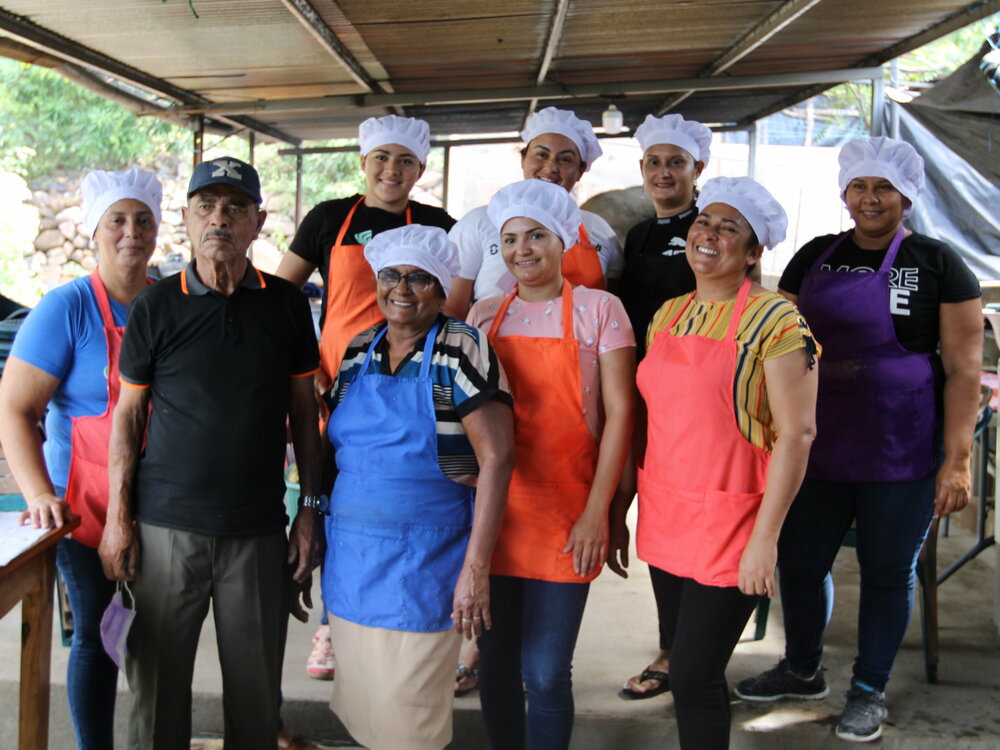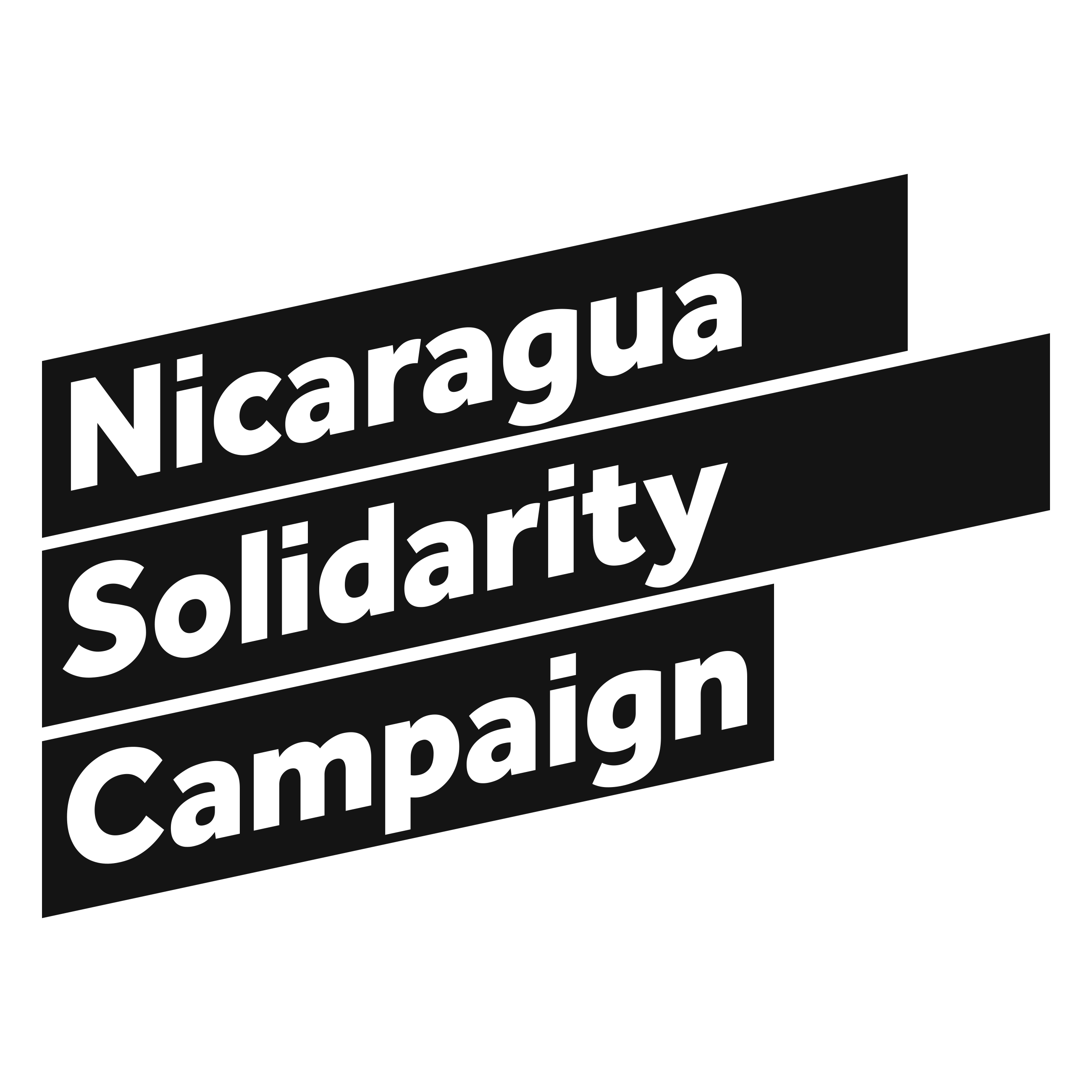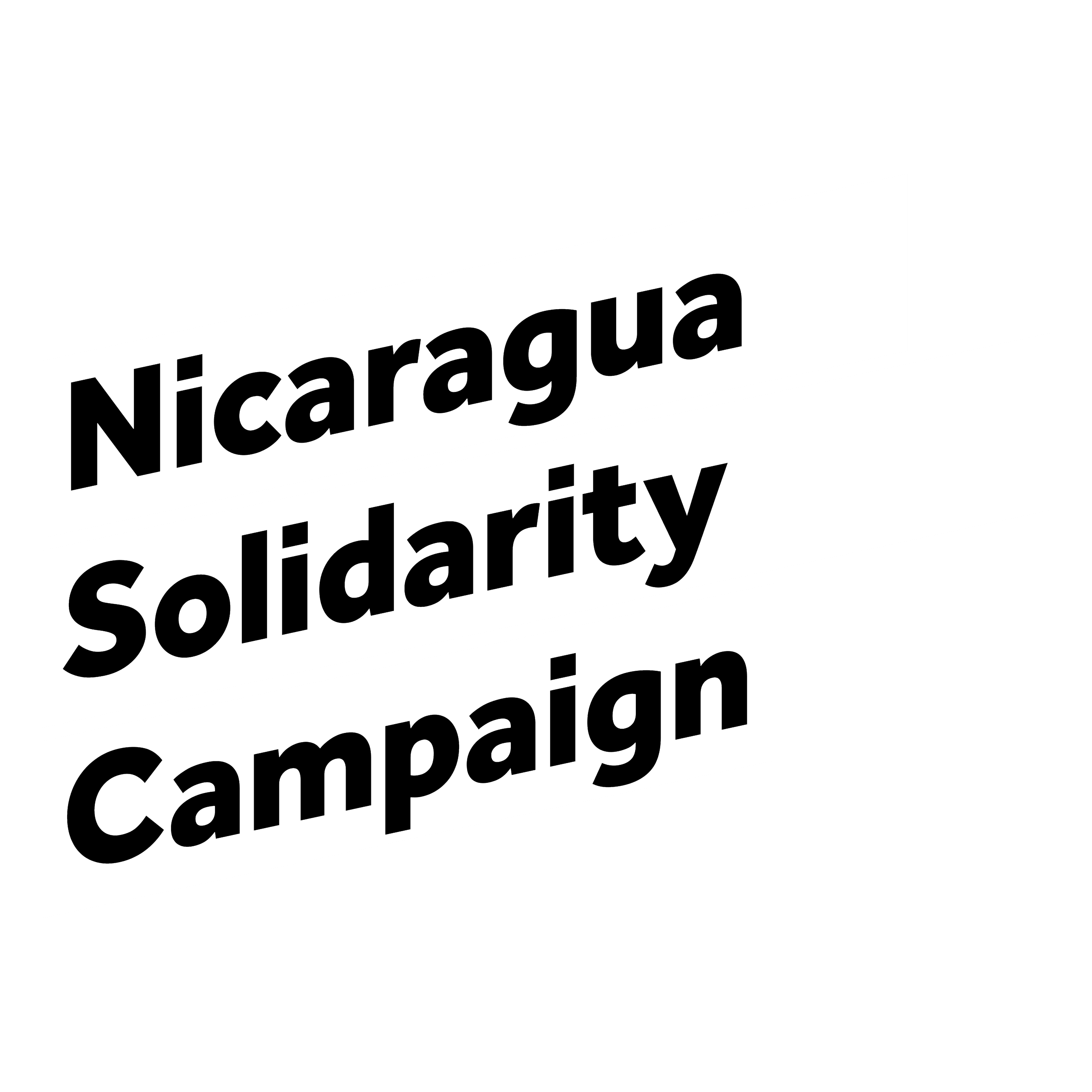
A circular economy that binds communities together
Seventy per cent of Nicaragua’s workforce is employed in the social economy, a sector that not only generates 65% of GDP but has sustained the country through crises: the 2018 attempted coup, two major hurricanes in 2020 and the pandemic.
In recognition of the importance of this sector, in 2012 the government set up the Nicaraguan Ministry for the Family, Community, Co-operative and Associative Economy (MEFCCA). The sector covers small and medium size businesses and farms, co-operatives, associations, self-employed workers and encompasses agriculture, services, tourism, transport, housing, savings and credit and housing.
When the Sandinista government returned to power in 2007, they launched a National Human Development Plan accompanied by well integrated policies, programmes and projects aimed at reducing the entrenched problem of high levels of poverty. At the time at least half of the country’s population was living below the poverty line, particularly in rural areas.
The first building block put in place was restoring the basic rights of all Nicaraguans to free health care and education. The setting up MEFCCA was a key part of the further restoring these rights through addressing food security with the zero hunger and low interest credit programmes for rural women, road infrastructure and electrification.
The country has achieved 80% food sovereignty and largely eliminated hunger. MEFCCA has extended its focus to programmes in rural and urban areas that develop entrepreneurship.
Minister of MEFCCA minister Justa Perez explains how programmes to cut poverty complement and build on each other: ‘If families have access to free health care and education for their children, if they have a good road to make it easier to get produce and goods to markets, if they have electricity, if they have markets to sell their products, they then have greater capacity to think about how to generate more income, to add value to their products and access more markets.’
MEFCCA project funded by the Nicaraguan government, and the Central America Bank for Economic Integration wins Latin America Gender Award
Karen Laguna owns a small family business in the department of Leon that sells traditional Nicaraguan food. She is one of 29,000 families that have been involved in a MEFCCA Sustainable Development of Rural Families’ Livelihoods Project (NICAVIDA). The aim of the Project is to transform rural economies and food systems to make them more inclusive, productive, resilient and sustainable.
NICAVIDA directly benefits vulnerable households, particularly women, in eight departments in the so called ‘Dry Corridor’, a region highly susceptible to climate change.
Karen Laguna explains the impact of the programme: “It has enabled us to support our families by backing our businesses, increasing sales, and managing and improving the infrastructure of our premises. “
NICAVIDA provides well integrated support to help increase the income of the beneficiaries, improve their nutritional quality of their food and strengthen their capacity to adapt to climate change, particularly by facilitating access to water.
Co-financed by the Nicaragua government, the Central American Bank for Economic Integration (CABEI) in conjunction with the International Fund for Agricultural Development (IFAD), NICAVIDA received the 2021 IFAD Latin America Gender Award.
CABEI Executive President Dante Mossi commented:”We are proud to support this type of transformation and social welfare initiative. As CABEI we are creating the necessary conditions to continue promoting the active participation of women in society.”
NICAVIDA also includes infrastructure projects such as wells, reservoirs, school gardens, reafforestation, roads, bridges, seed banks, installing wood – saving ovens (to cut carbon emissions) and the rehabilitation of facilities, generating nearly 20,000 jobs.

